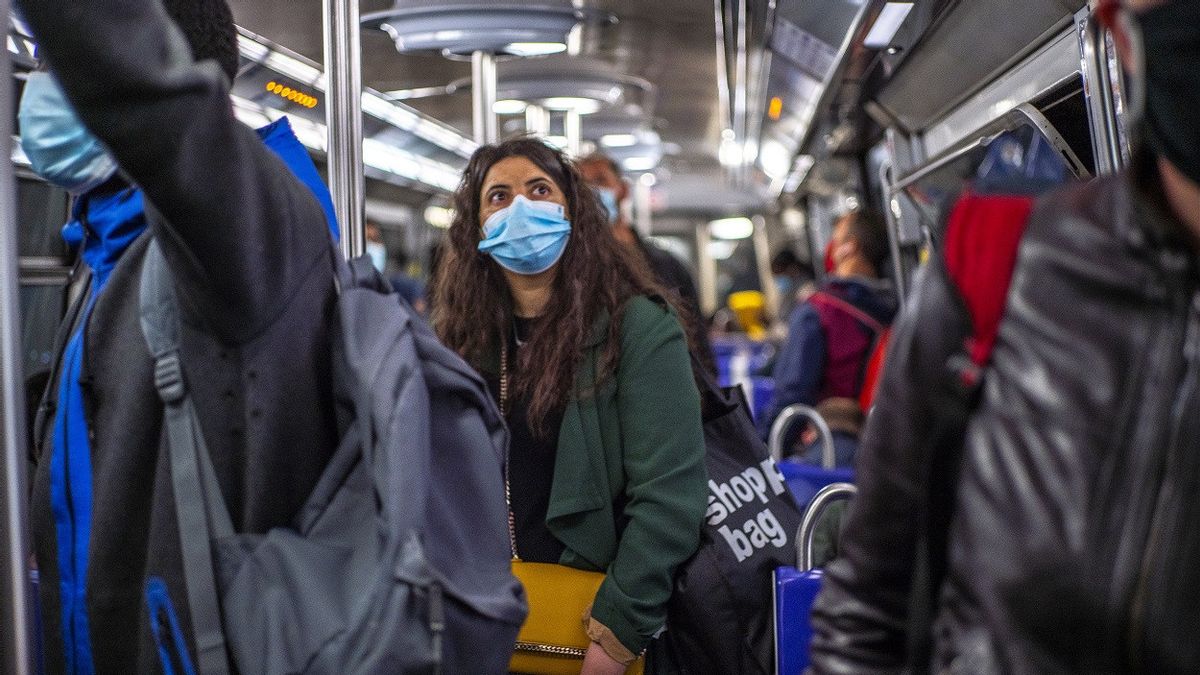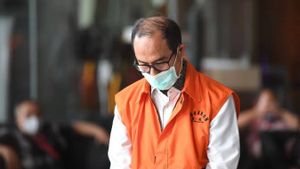JAKARTA - At least 17 million people across Europe and Central Asia have long suffered from COVID since the start of the coronavirus pandemic, according to the World Health Organization (WHO), urging countries to take the issue seriously.
WHO defines long COVID-19 as a condition that occurs in a patient with a history of possible or confirmed coronavirus infection, usually three months from the onset of COVID-19, and with symptoms that last for at least two months and cannot be explained by another diagnosis.
While many long-term COVID patients recover over time, about 10-20 percent are still experiencing symptoms after 12 months, according to the University of Washington's Institute of Health Metrics and Evaluation (IHME).
The estimate of 17 million long COVID cases applies to a region that includes WHO Europe, a geographical area larger than the European Union, which is home to nearly 900 million people and comprises 53 states, including Central Asian countries.
The post-COVID-19 condition is known to be complex and difficult to diagnose, as it has more than 200 symptoms, some of which can resemble other illnesses, from fatigue and cognitive impairment to pain, fever and palpitations.
Not only that, WHO also previously warned that long COVID can affect mental health.
Several scientists from organizations including the US National Institutes of Health and the UK statistical office, are looking for evidence of an increase in cases of depression and suicidal thoughts among people with long-standing COVID-19, as well as a growing number of known deaths.
Worldwide, nearly 150 million people are estimated to have suffered from long COVID-19 during the first two years of the pandemic, according to IHME. In the United States alone, the condition has affected up to 23 million people, according to the national Government Accountability Office (GAO) estimate in March.
New modeling conducted for WHO Europe by IHME shows that women are twice as likely to have long COVID-19 than men.
The risk also increases dramatically among severe infections requiring hospitalization, with one in three women and one in five men likely to have long-term COVID-19.
VOIR éGALEMENT:
WHO Regional Director for Europe Hans Kluge urged governments to pledge more investment, research and initiatives, to help people suffering from long COVID symptoms, saying this "cannot continue to suffer in silence".
"We hear stories of so many individual tragedies, people in financial crises, facing relationship problems, losing jobs and falling into depression," Kluge told the WHO Europe meeting in Tel Aviv on Tuesday.
"Many healthcare workers who are risking their lives on the front lines of the pandemic now have this chronic and debilitating condition as a result of workplace-acquired infections. They, and millions more, need our support."
The English, Chinese, Japanese, Arabic, and French versions are automatically generated by the AI. So there may still be inaccuracies in translating, please always see Indonesian as our main language. (system supported by DigitalSiber.id)
















